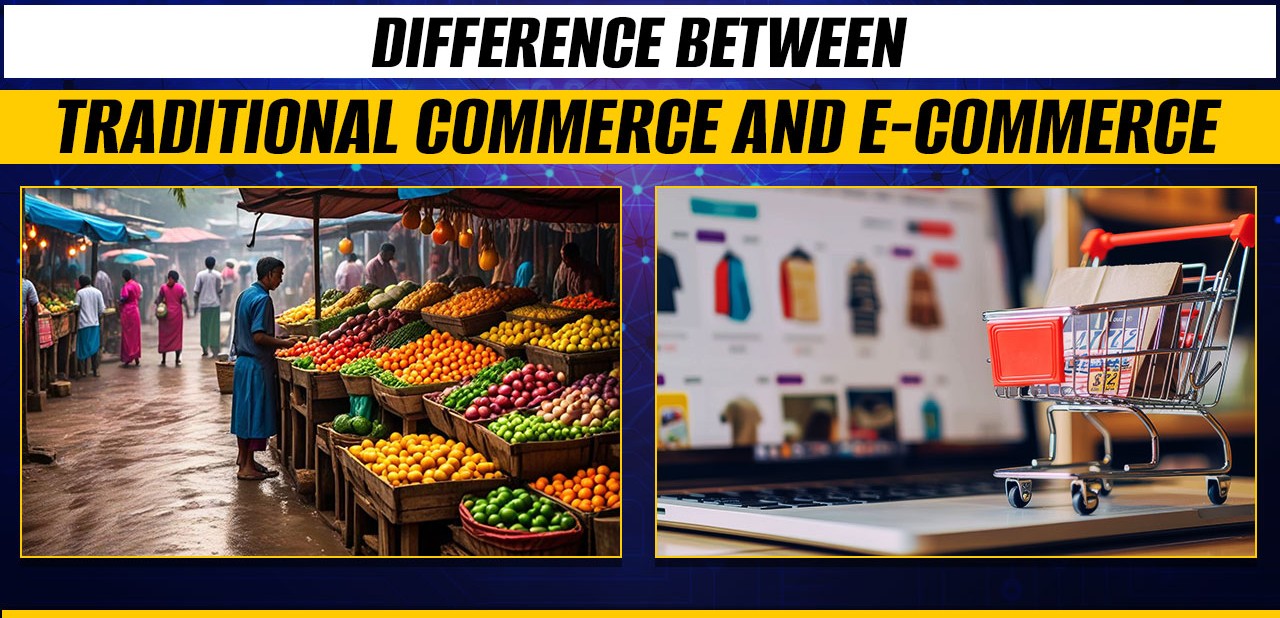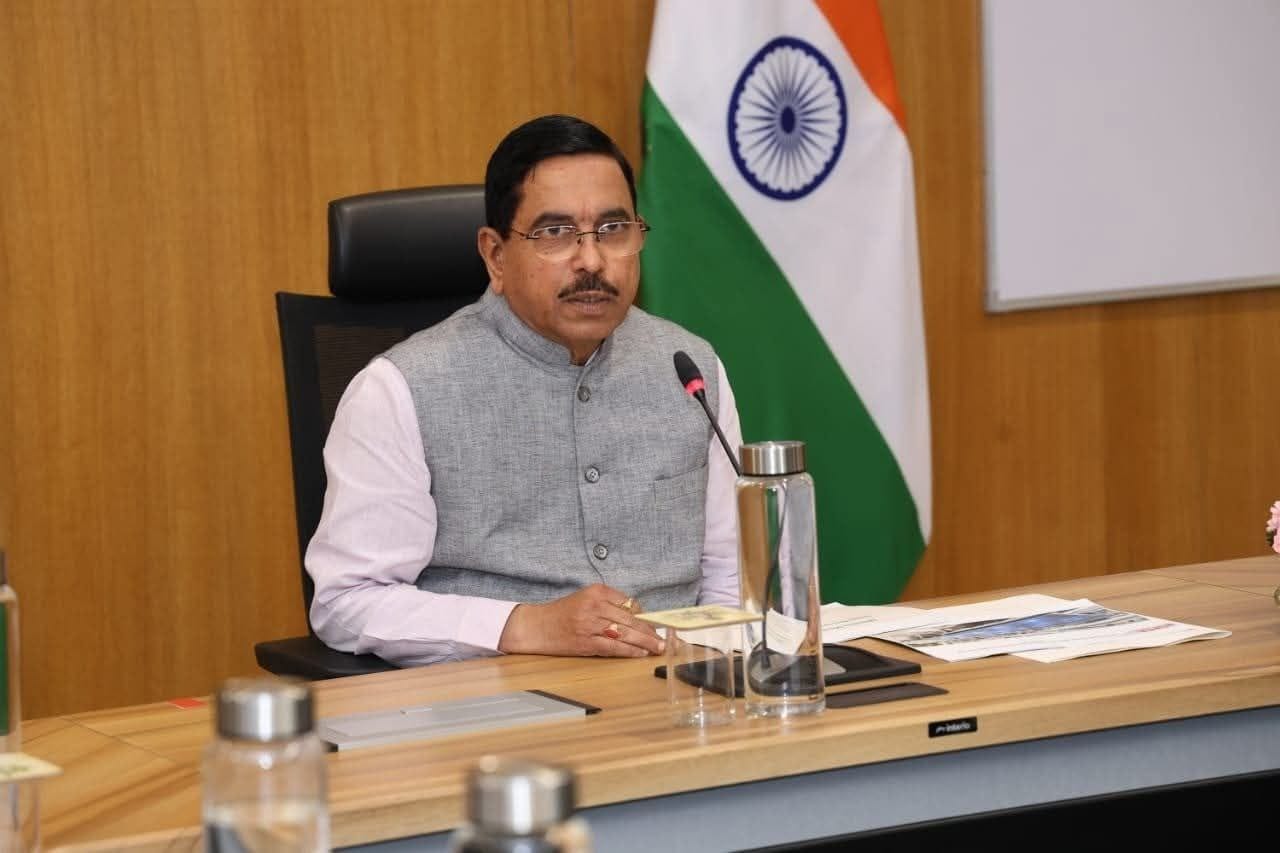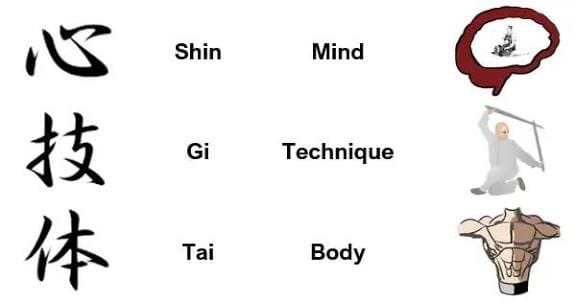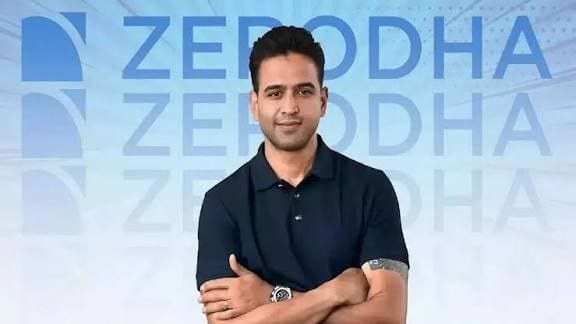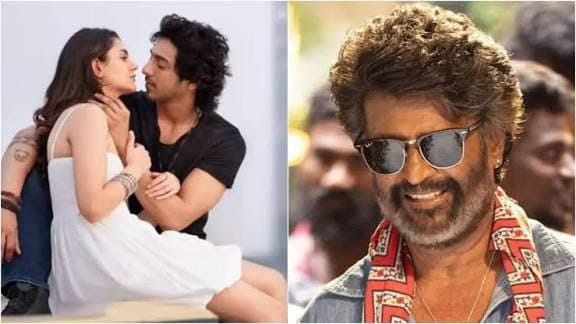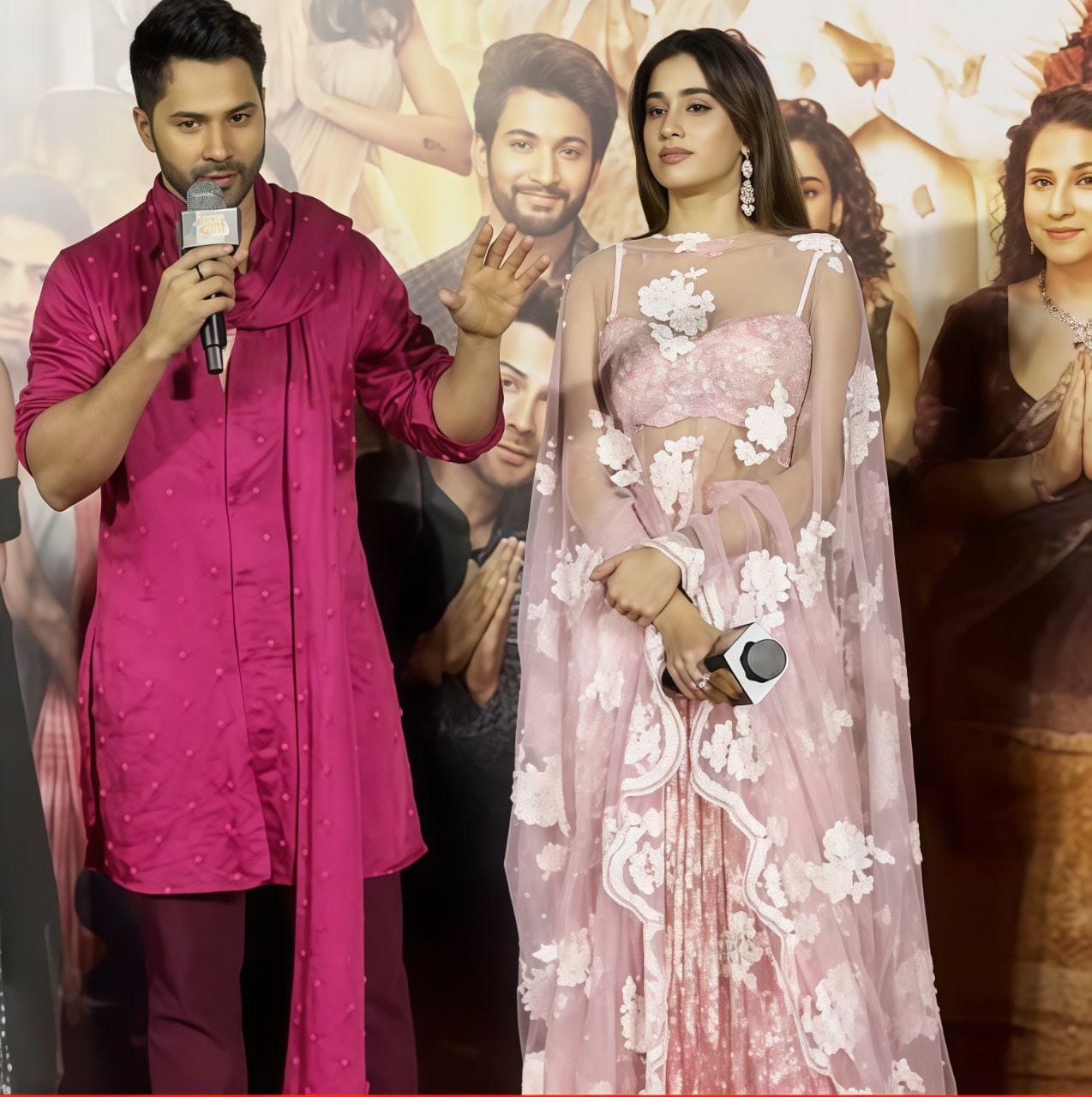 Image Source: Devdiscourse
Image Source: Devdiscourse
At the recent trailer launch event of Sunny Sanskari Ki Tulsi Kumari in Mumbai, Bollywood star Varun Dhawan addressed the widely debated issue of rising entourage costs among actors, urging a balanced approach where both actors and producers share responsibility. He emphasized that while actors should keep their behavior in check, producers also need to cultivate a friendly, family-like environment on set to better navigate the financial challenges faced in filmmaking today.
Key Points from Varun Dhawan’s Statement
Varun stressed that the current film landscape is fragile, especially with fluctuating OTT and satellite prices, making producers the biggest risk-takers.
He revealed his personal approach of limiting his entourage to four people and following a rule set by his father, director David Dhawan, to never bring managers on set, showing respect for production budgets.
The actor recounted witnessing tough past times when filmmakers struggled financially, resulting in heartbreaking situations like friends losing homes.
He asserted that producers should behave like family members, fostering collaboration rather than blaming actors alone for budget overruns.
Varun criticized the culture of blaming actors for rising costs, the spread of negative stories, blind items, and online trolling that unfairly target performers.
He called for a shared responsibility model where producers and actors work together, with a warning that if actors behave arrogantly, producers should choose not to work with them.
Co-actor Maniesh Paul highlighted that entourage issues often stem from unequal treatment among actors on set, creating division and conflict.
Director Shashank Khaitan added that with better awareness about film budgets and returns, actors are evolving and acting more responsibly.
Backdrop: The Rising Entourage Cost Debate
The increasing use and demands of actor entourages—including multiple vanity vans for various needs—have triggered concerns from producers about escalating film budgets. Filmmaker Sanjay Gupta recently revealed some actors request up to six vanity vans, while celebrity couples sometimes ask for as many as eleven, including separate kitchen vans. Industry veterans like Rakesh Roshan and Farah Khan have also spoken about how these costs inflate budgets, making it tougher for producers to manage finances.
Varun Dhawan’s approach contrasts with this trend. At Dharma Productions, where he often works, he feels like a family member because of the respectful treatment actors receive. He advocates a return to older filmmaking values where collaboration and mutual respect between actors and producers were priorities to prevent financial exploitation.
Inside the Film and Industry Context
Sunny Sanskari Ki Tulsi Kumari, directed by Shashank Khaitan and co-produced by Dharma Productions and Mentor Disciple Entertainment, stars Varun Dhawan alongside Janhvi Kapoor, Sanya Malhotra, Rohit Saraf, Maniesh Paul, and Akshay Oberoi. The romantic drama, set for an October 2 theatrical release, explores themes of love and resilience. The film’s trailer launch was the platform where these candid industry remarks emerged.
Varun’s reflections come at a time when Bollywood is recalibrating its production dynamics amid an evolving digital economy, aiming for sustainable filmmaking with shared sacrifices. His viewpoint underscores the importance of producers leading with empathy and openness, creating an environment where actors are motivated to stay grounded and committed.
Varun Dhawan's final message is clear: success in Bollywood’s current era requires unity and respect on both sides. Producers must be friendly and supportive, not merely disciplinarians, while actors must practice responsibility and humility. Together, this synergy can help reclaim Bollywood’s spirit of collaboration and creative excellence.
Sources: Hindustan Times, Times of India, India Today, Cinema Express, Filmfare
Advertisement
Advertisement


